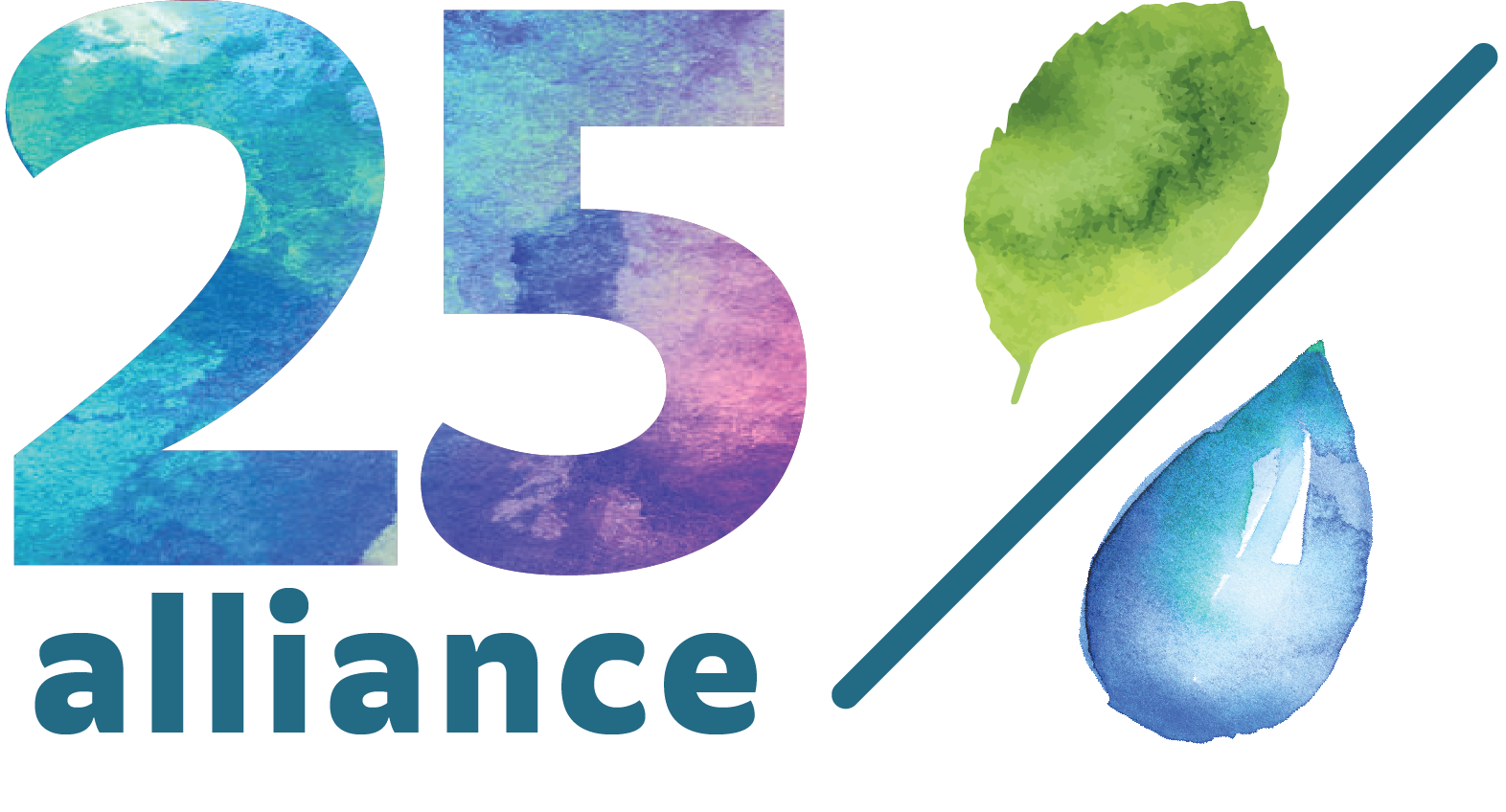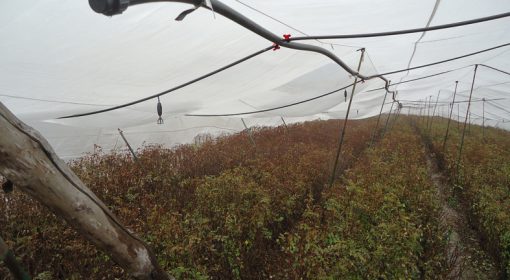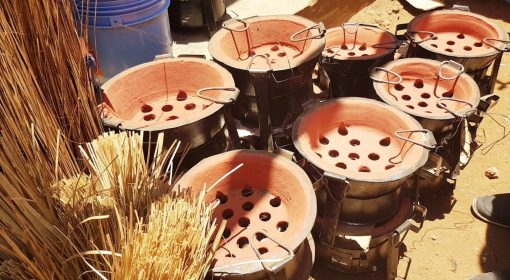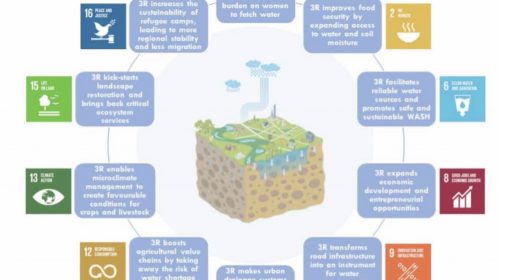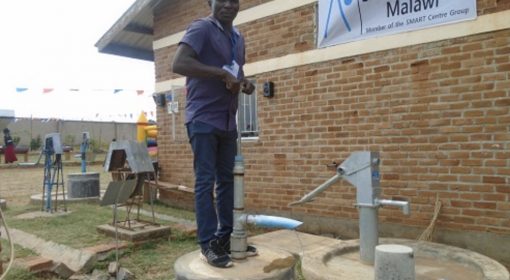Postcard from Nanyuki, Kenya.
Smart water techniques encompass by now a rich variety of measures – water storage, micro-irrigation, greenhouses, soil improvers, food storages. Several of these are now within easy reach of small holders – low cost sprinklers for instance or lay-flat hoses can be had from many rural shops. Other are getting there such as improved water storage tanks. A quiet gradual revolution is taking place with small farmers moving away from staple crops to high value crops, using different smart technologies, sometimes with credit from banks. Farming becomes less tedious – in fact it becomes ‘agribusiness’, attractive again for young people who were abandoning farming in pursuit of uncertain faraway jobs
The smart techniques embody a move to higher water productivity – creating more value per volume of water consumed. They make it possible to move into a new style of farming – with more secure yields, less damage and more uniform products, catering for the urban markets..
Smart water techniques also have another effect – that of opening agriculture as a business to groups who were finding it less hard to find a place in it– in particular women. Water productivity solutions make farming less tedious and more rewarding
Here is the story of Jane from Ngare-Ndare in Nanyuki in Kenya. Now in her twenties she had a good education as a laboratory analyst, but she was not able to find work. Instead she worked in restaurants, but pay was low and work tedious. Her gifts were her long distance running skills though. She entered into several competitions and then she won her first marathon. Her success in athletics earned her a few thousand dollar as price money. What she did was to use this kitty to purchase her own one acre plot at Ngare-Ndare and – she then decided to use that to go farming, developing a tank feeding micro-sprinklers. With the smart water techniques she is growing French beans for a food company and some smaller crops for the market. In her own assessment the income she makes is more than triple of what she earned before and the work is pleasant and healthy. It is farming rediscovered – not the back breaking work of the past but Kenya style precision farming. Agriculture was always largest employer and still should figure largely in the future of job creation.

This case is prepared as part of the Water-PiP (Water Productivity in Practice) Program. Water-PIP aims to support a 25% water productivity on the ground. For ideas and suggestions on improved water productivity, please contact t.uyttendaele@un-ihe.org or lknoop@metameta.nl
